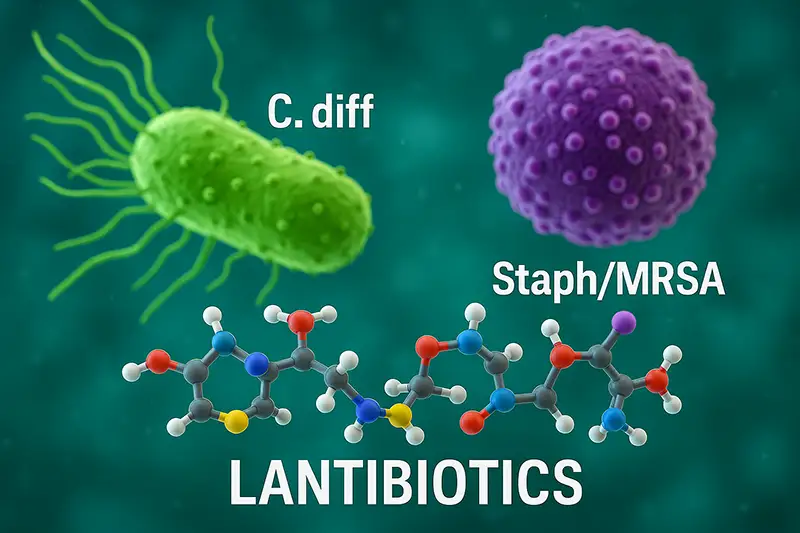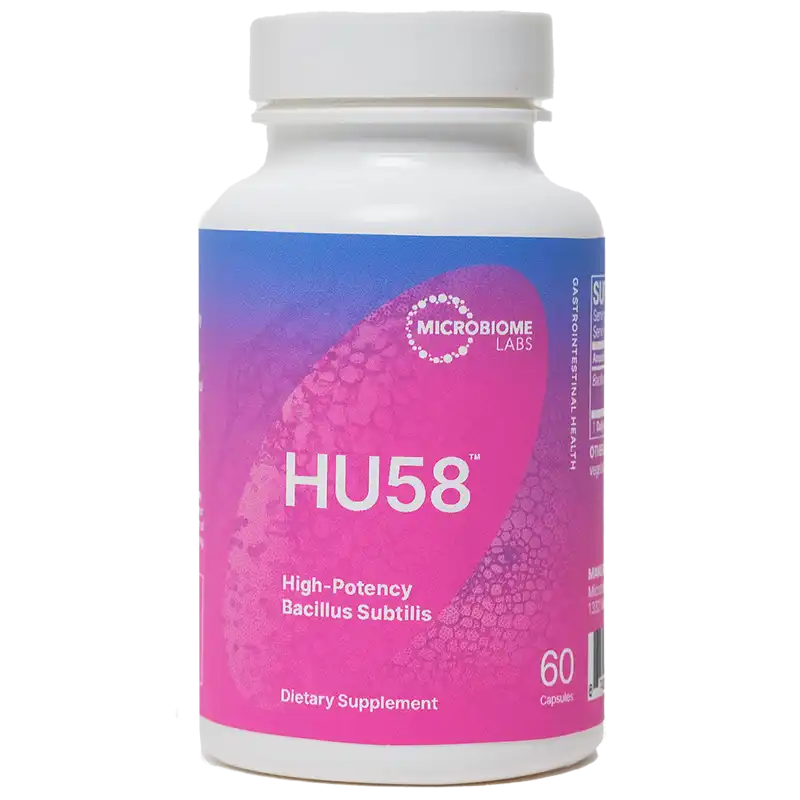




Experience the Benefits of Bacillus subtilis
References
- Suva MA, Sureja VP, Kheni DB. Novel insight on probiotic Bacillus subtilis: Mechanism of action and clinical applications. J Curr Res Sci Med. 2016;2(2):65-72. doi:10.4103/2455-3069.198381.
- Bacillus subtilis antibiotics: structures, syntheses and specific functions Molecular Microbiology (2005) 56(4), 845–857 doi:10.1111/j.1365-2958.2005.04587.x
- In vitro anti-Helicobacter pylori activity of the probiotic strain Bacillus subtilis 3 is due to secretion of antibiotics. Pinchuk, I. V., P. Bressollier, B. Verneuil, B. Fenet, I. B. Sorokulova, F. Megraud, and M. C. Urdaci. 2001. Antimicrob. Agents Chemother. 45:3156-3161.
- Pathogen elimination by probiotic Bacillus via signalling interference. P Piewngam et al. Nature DOI: 10.1038/s41586-018-0616-y (2018).
- Probiotic for pathogen-specific Staphylococcus aureus decolonisation in Thailand: a phase 2, double-blind, randomised, placebo-controlled trial. Piewngam P, Khongthong S, Roekngam N, Theapparat Y, Sunpaweravong S, Faroongsarng D, Otto M. Lancet Microbe. 2023 Feb;4(2):e75-e83. doi: 10.1016/S2666-5247(22)00322-6. Epub 2023 Jan 13. PMID: 36646104.
Health Disclaimer
This page is for educational purposes only and is not medical advice. These statements have not been evaluated by the FDA. This product is not intended to diagnose, treat, cure, or prevent any disease. Always consult your healthcare provider before starting any new supplement. See our full terms of use for details.

